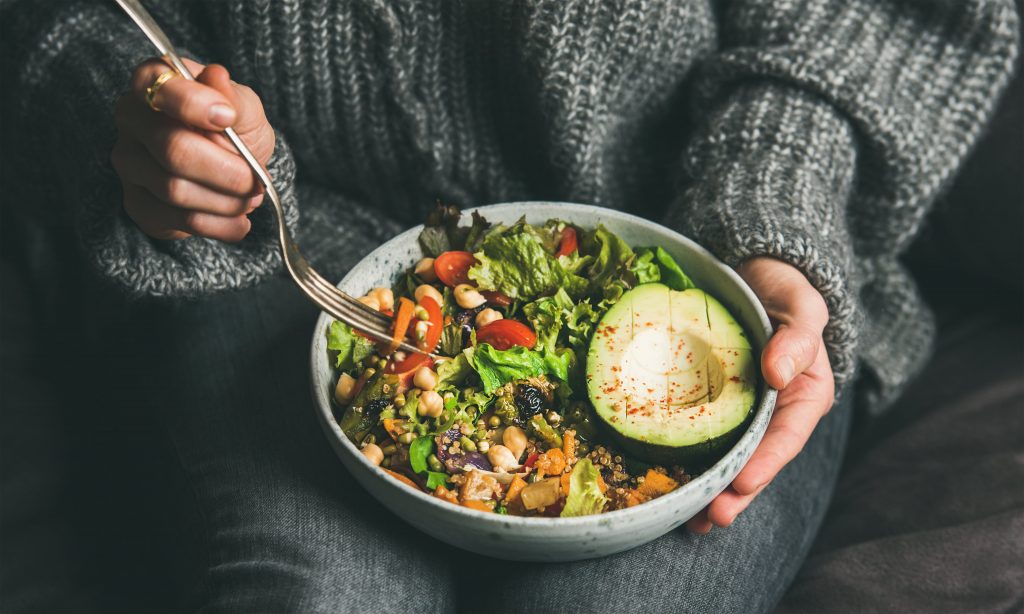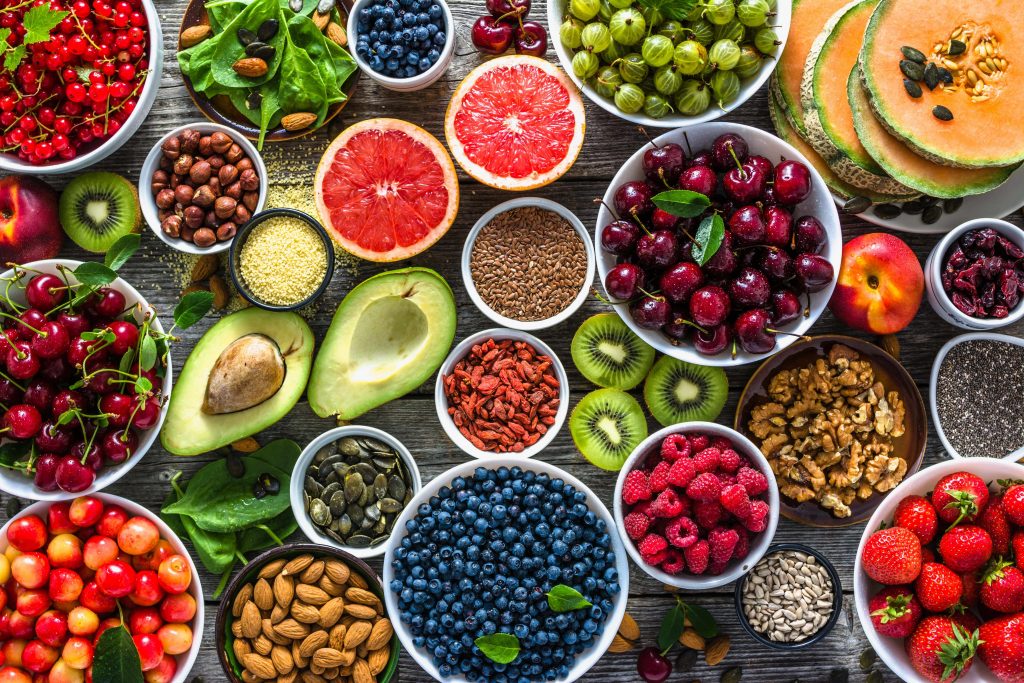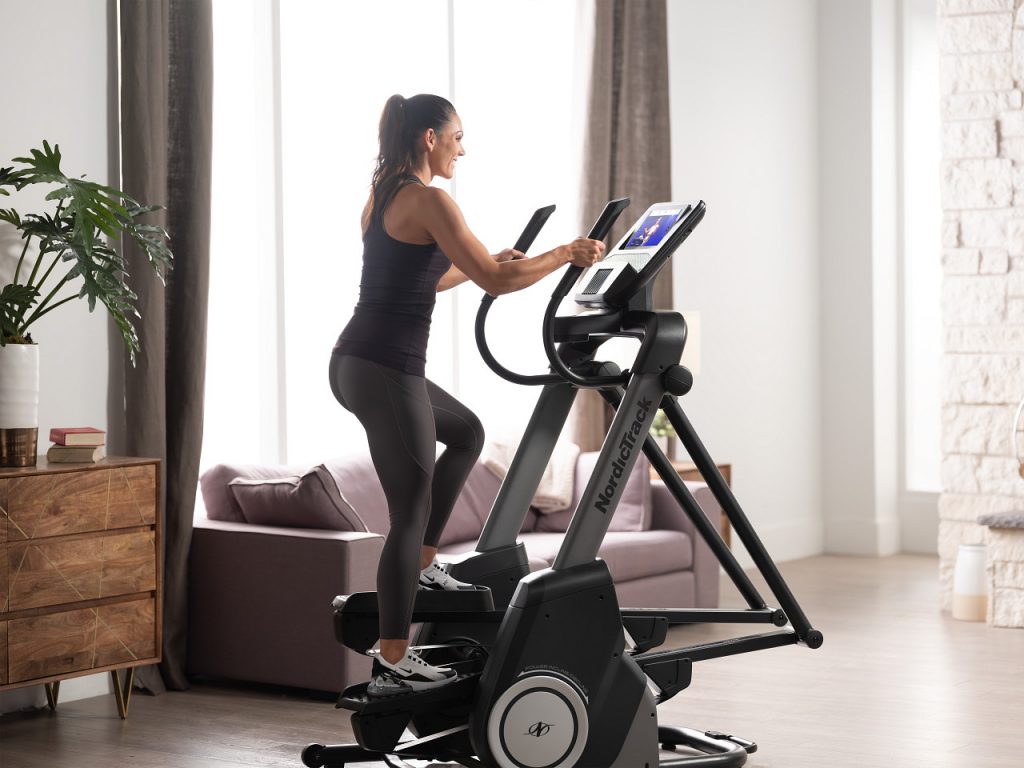Diet and athletic performance go hand in hand; we’re not telling you anything new. Today, let’s try to answer a question often asked by athletes: what should you eat before training? With a list of 3 foods to choose from and, above all, 3 types of food to ban from your gym bag, you will surely make the most of each of your sessions!
Nutrition: a key factor in achieving good performance

Regardless of the time of day you train, the composition of your last meal is critical to your performance! This is why it is generally not advisable to train on an empty stomach, to limit the risk of injury or hypoglycaemia.
The body needs different elements to produce energy:
- Oxygen.
- Carbohydrates, which are essential, enable you to mobilise energy quickly.
- Fats, which are especially useful for endurance sports beyond 45 minutes of effort.
- Vitamins and minerals, which are essential for the transformation of nutrients into energy.
A varied and balanced diet should provide all these elements. If you are preparing for a sporting event, take care to compose your menus a few days in advance. On the other hand, certain foods can be counterproductive if they are eaten just before exercising. The digestion process is energy-consuming, and you probably prefer to use all your resources to achieve your physical goals. This is why it is recommended that you eat your last meal 3 to 4 hours before physical activity.
3 foods to avoid before your sessions

Before participating in physical activity, avoid eating the following foods:
- Foods high in fat, especially animal fats, are slow to digest and can make you feel uncomfortable during physical activity. The satiating power of some red meats may also cause you to reduce your intake of complex carbohydrates, which are more useful for providing a good level of energy over time. Even avocados or other healthy sources of fat should be eaten no later than the day before training or in small quantities. If you want to feel light during exercise, forget about them for your pre-sport snack!
- Vegetables or foods too rich in fibre: These are very healthy and include lentils, kidney beans and vegetables from the cruciferous family, such as cabbage. However, they can cause digestive problems during exercise, like bloating, for example. They can certainly be eaten at a different time rather than a few hours before exercise.
- Sweets: is it a good idea to eat a lot of fast sugars just before training? Not really, because foods with too much sugar cause a glycaemic peak, which generates a significant release of insulin, the hormone responsible for regulating blood sugar levels. After a few minutes of exercise, you may feel tired.
3 winning alternatives to make your training a success

Then, what foods should you choose for your last meal before working out? Here are 3 alternatives for making healthy and tasty snacks before your sessions:
- Focus on complex carbohydrates and foods with a low glycaemic index: dried fruit and cereals, as well as whole grain bread, are perfect for feeling fit, avoiding hunger pangs and regulating your energy levels, even over the course of long sessions.
- Lean proteins, such as poultry breast, tofu or hard-boiled eggs, are very useful for filling up without unduly increasing the digestive process.
- Fruits that are not too sweet, such as apples, are also very good for curbing hunger while providing hydration and sugar. However, they should be accompanied by a complementary source of carbohydrates to sustain a fairly long effort.
Before, during and after training, remember to stay well hydrated! Drink water at room temperature and in small sips very regularly. For an effort lasting more than 60 consecutive minutes, a slightly sweetened water intake (150 ml every 20 minutes) is a good way to regain energy without weighing down your stomach.
Check out our Health & Fitness page for more advice.
